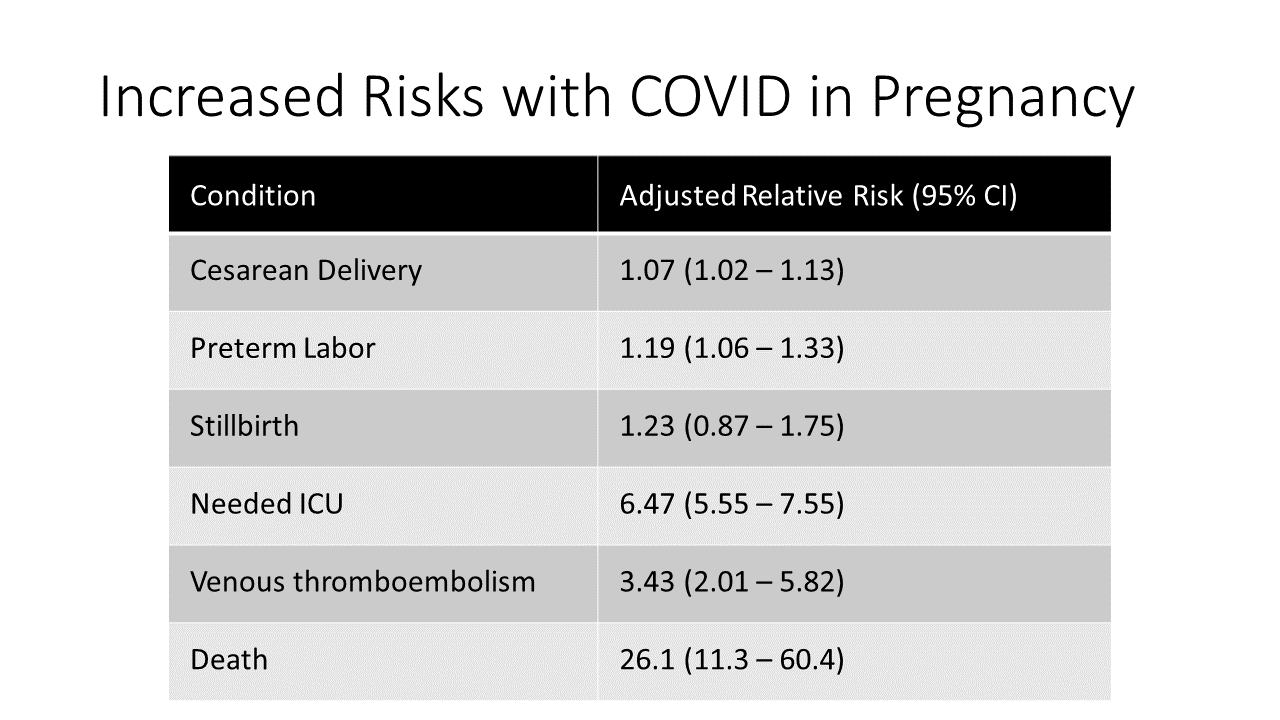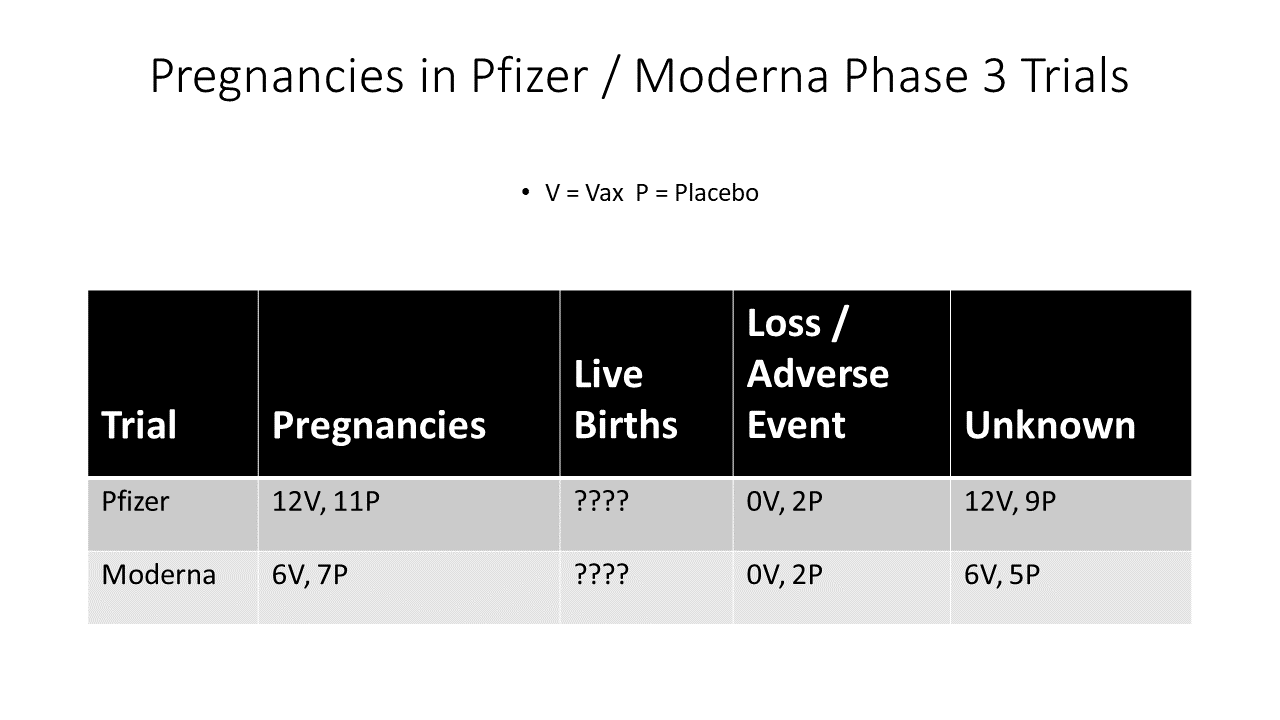The Risks of COVID-19 In Pregnancy
/Most births are uncomplicated, but coronavirus still increases the risk of bad outcomes dramatically.
In the coronavirus era, pregnant women represent a unique cohort in the hospital. They can have florid COVID-19 symptoms, and deaths have been reported. But of course, they may also be in the hospital just to deliver a baby, and can have COVID detected essentially incidentally.
Early on in the pandemic, a friend of mine – anesthesiologist in New York City – told me how overwhelmed he was with COVID cases. Not in the ICU – he was working in the maternity ward. Ordinary pregnancies became complicated – c-sections spiked – and outcomes worsened. But, until I saw this paper appearing in JAMA Internal Medicine, his experience was just another anecdote in a sea of COVID war stories.
Finally, we have some hard data on the risks of COVID-19 in pregnancy. And we need it now more than ever, as women who are pregnant or are thinking of becoming pregnant will need to make decisions about getting a vaccine. A vaccine which was evaluated in studies that specifically excluded pregnant women.
Women who become pregnant tend to be younger and healthier than the general US adult. As such, in the absence of pregnancy, they would often be considered low risk and not a vaccine priority group. But this paper shows that COVID-19 has some pretty significant effects in pregnancy – and we need to take those risks into account when we consider whether to advise vaccination.
That’s a lot of pregnant women.
The study leveraged an absolutely huge database that combines records from multiple payers to capture 20% of all deliveries in the US between April 1st and November 23, 2020 – 406,446 women total of whom 6,380 (1.6%) had COVID at the time of delivery. The authors compared baseline characteristics and outcomes across these two groups.
Women delivering a baby while infected with COVID tended to be younger than those without COVID. Mirroring the national prevalence, they were more likely to be black or Hispanic, more likely to have diabetes, and more likely to be obese.
The authors adjusted for those and other factors to determine what the independent effect of COVID-19 was on pregnancy outcomes. Now, bad things happening during pregnancy is pretty rare in this country, so I want to be clear that I am presenting relative increases in risk – not absolute risk. For example, COVID was associated with a 25-fold increase in the risk of mechanical ventilation – but just 1.3 percent of women with COVID were intubated overall.
Women with COVID had a relative 7% increased risk of a Cesarean delivery, a 19% increased risk of preterm labor, and a 23% increased risk of stillbirth. They had a six-fold increased risk of going to the intensive care unit, and 3.5-fold increased risk of venous thromboembolism. 9 women died in the COVID group, only 20 in the 60-fold bigger COVID-negative group.
Again, most women had none of these things, but the presence of COVID clearly increases the risk.
Against that backdrop, what do we know about the risks and benefits of vaccination in pregnant women? Not much – they were excluded from the major clinical trials that led to the current vaccine approvals in the US. Some women did get pregnant during their participation in the Pfizer and Moderna trials – I break down their outcomes here – but the vast majority of outcomes are unknown presumably because these women are still pregnant. There’s no red flags, but obviously not a lot of data to go on.
There’s not much reason to think, biologically, that the mRNA vaccines would lead to adverse pregnancy outcomes, but that may not be reassuring to many women. For many women, the vaccine will best balance their assessment of risk and benefit. For others, enhanced vigilance to hand hygiene, mask-wearing, and avoiding crowds may be the best choice to mitigate risk.
One thing is clear – if you can avoid getting COVID while you’re pregnant, you probably should.
A version of this commentary first appeared on medscape.com.






